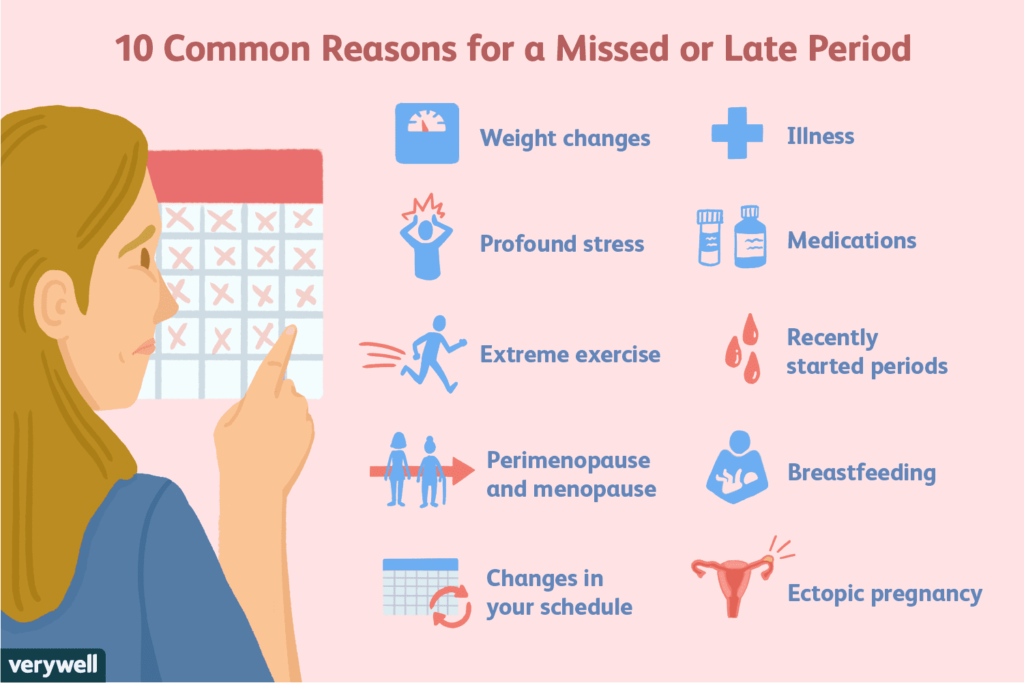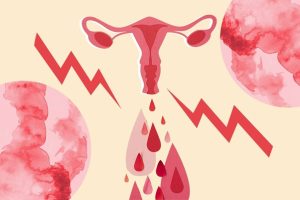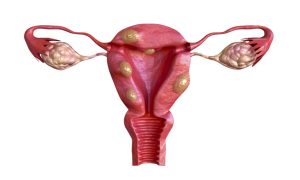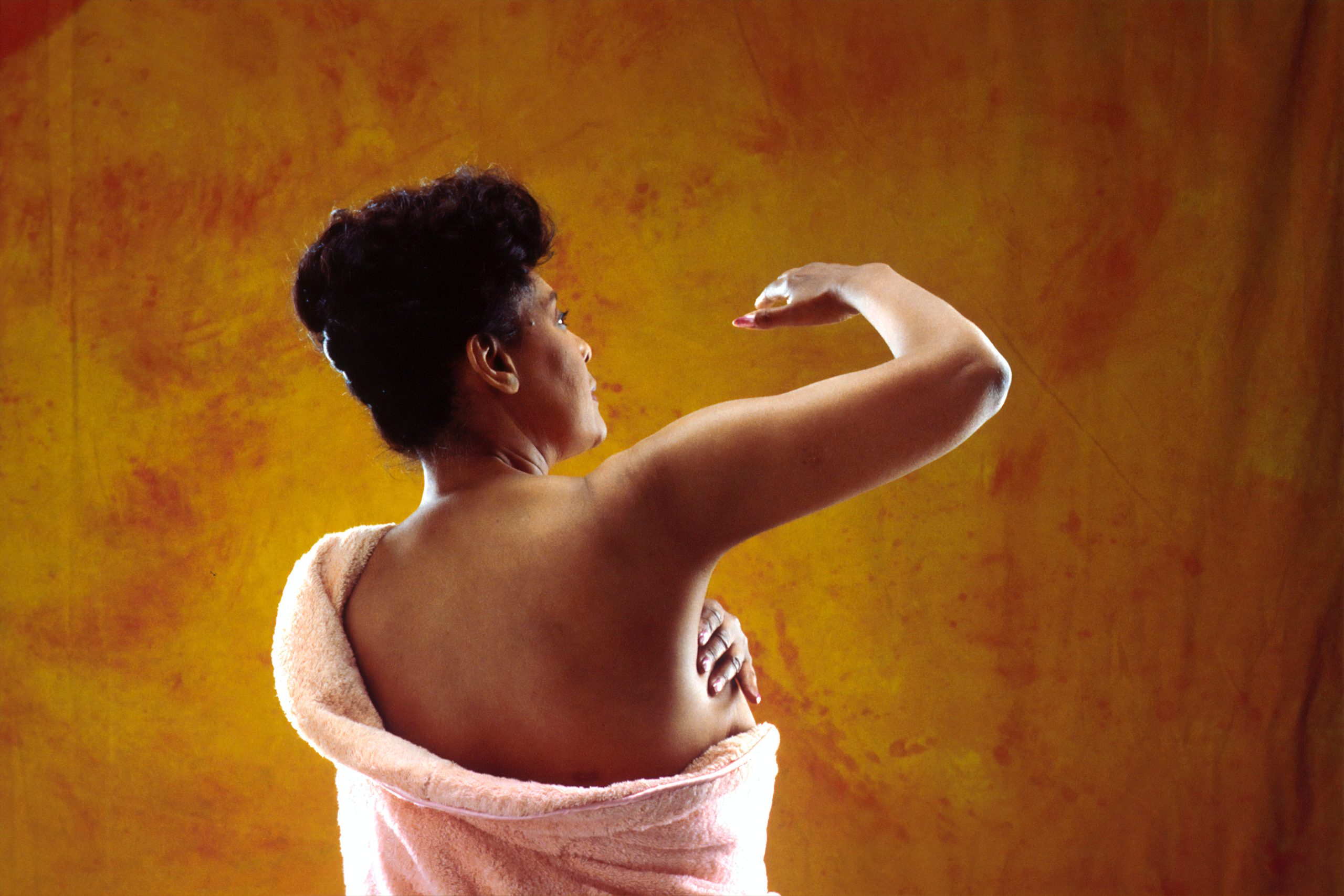
Why is my period late?
Some women might often miss their period without being pregnant, or their periods might stop altogether. Regular menstruation cycles usually last around 28 days. However, it’s also common for cycles to last from 21 to 40 days. Periods may be early or later, may last from 3 to 7 days and might be heavier or lighter.
There are various reasons why periods might stop. The most common ones are pregnancy, stress, sudden weight loss, being overweight, doing too much exercise, taking the contraceptive pill, menopause and/or polycystic ovary syndrome. Other reasons include medical conditions, such as heart disease, uncontrolled diabetes, an overactive thyroid, or premature menopause.
Pregnancy
– If you’re sexually active and your period suddenly stops, you might be pregnant
– Wait a few days to see because your period might just be late
A pregnancy test could confirm whether you’re pregnant or not
– It’s possible to get pregnant in the days after your period is normally due
Illness and stress might delay the release of an egg leading to pregnancy
Stress
Stress can lead to:
– Longer or shorter menstrual cycles
– Periods stopping altogether
– Painful periods
How to calm stress:
– Regular exercise can help you relax
– Breathing exercises can also help
10 Simple Ways to Relieve Stress
Weight irregularities
Sudden weight loss: restricting the amount of calories you eat stops the production of hormones needed for ovulation
Being overweight: your body may produce an excess amount of oestrogen one of the hormones that regulate the reproductive system in women
Excessive exercise
– Stressing your muscles too much through excessive physical activity can affect your hormones
– Losing too much body fat through intense exercise can stop you ovulating
Contraceptive pill
It is normal to miss your period sometimes when taking the contraceptive pill.
Polycystic ovary syndrome
Polycystic ovaries contain a large number of harmless follicles, which are underdeveloped sacs in which eggs develop. If you have PCOS, these sacs are often unable to release an egg, which means ovulation does not take place.
Irregular periods
Causes of irregular periods include:
– Puberty, periods might be irregular for the first year or two
– Menopause, usually between the ages of 45 and 55
– Early pregnancy
– Some types of hormonal contraception
– Weight irregularities
– Medical conditions, such as polycystic ovaries syndrome
Heavy periods
Heavy periods (also called menorrhagia) are common and may be normal for you. If they’re affecting your daily life, you might need to see a doctor.
Symptoms:
– Need to change your pad or tampon every 1 to 2 hours, or empty your menstrual cup more often than is recommended
– Need to use 2 types of sanitary products together, such as a pad and a tampon
– Have periods lasting more than 7 days
– Have blood clots larger than about 2.5cm (the size of a 10p coin)
– Bleed through your clothes or bedding
– Avoid daily activities, like exercise, or take time off work because of your periods
– Feel tired or short of breath

Causes
For some people it can be normal to have heavy periods. They can be heavy at different times, like in puberty, after pregnancy or during menopause.
Other causes include:
– Conditions affecting your womb, ovaries or hormones, such as polycystic ovary syndrome, fibroids, endometriosis and pelvic inflammatory disease
– Some medicines and treatments, including anticoagulant medicines and chemotherapy medicines
– Stress and depression
When to see a doctor
– Periods are affecting your daily life
– Heavy periods occur for a long period of time
– You have severe pain during your periods
– You bleed between periods or after sex
– You have heavy periods and other symptoms such as pain when peeing, pooing or having sex
– You experience fever, nausea and vomiting
Sources:
healthline. Why Is My Period Late: 8 Possible Reasons.
NHS. Stopped or missed periods.
NHS. Heavy periods.
NHS. Irregular periods.











